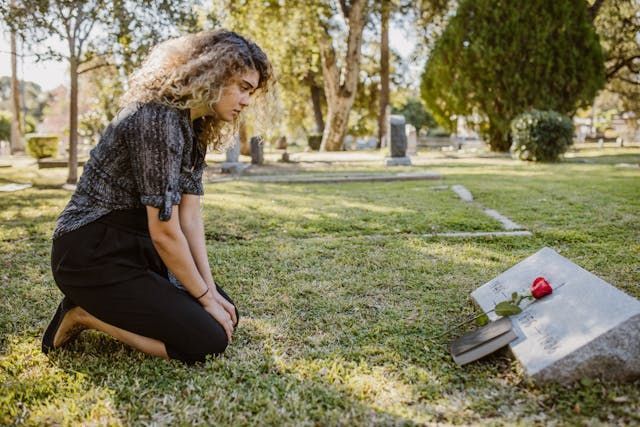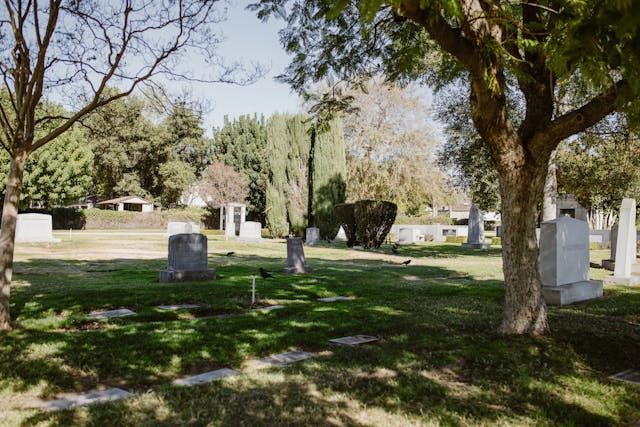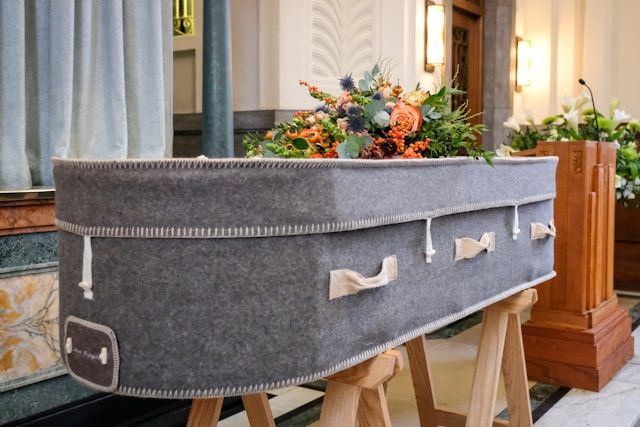Dealing with Complicated Grief
Everyone grieves intensely for a while when a loved one dies. But some people find themselves, after a long time, still dealing with intense grief, and it becomes complicated grief.

After cremation services in Ferrum, VA, people who have lost someone they love will grieve intensely. There is no time limit on grief when someone we love dies. In reality, a form of grief will always be there to remind us that our loved ones are gone, that we miss them, and that we love them.
However, the intense grieving that immediately follows the death of someone we love will, in time, transition to a warm embrace of our memories of them and with them. There will still be, random times when something triggers our grief and tears, but we move through those quickly. Most of our memories of our loved ones will be like a warm blanket on a cold night when we think of them.
However, for some people the intensity of grief never seemingly goes away. They get stuck in a cycle of thinking about all the "would have, should have, could have" things related to their loved. This kind of grief is full of regrets, guilt, and unrequited mourning. Eventually, this intense grief can become obsessive and debilitating.
This prolonged intense grieving process may be complicated grief or the result of delayed grief. It is not unusual for delayed grief from one loss to create complicated grief in another loss.
One of the most common instances happens when one parent dies and an adult child has been asked to and/or assumes the caretaking role for the surviving parent. The adult child may delay their grieving process – unconsciously – for death of the first parent in order to support and be available to the surviving parent.
But when the surviving parent dies, the delayed grieving for the first parent begins and is added to the current grieving for the surviving parent who has died. This can create an emotional morass that could take years to recover from.
There’s no blame in this situation for either the parents or the adult child. It just a consequence of the way circumstances, personalities, and temperaments mix together.
If your grief over the death of your loved one is as intense six months they died as it was in the early days after their death, there is a strong probability that you are experiencing complicated grief.
If you are having a hard time returning to a more normal life six months or more after your loved one has died, you are probably dealing with complicated grief. Here’s the rub about complicated grief, though. You won’t recognize it, but your family members and friends will. If they try to get you help, listen to them.
Many people who experience complicated grief had very close and very positive relationships with their loved one who died. Because of the depth and the strength of the bonds of the relationship, all the feelings of grief (sorrow, sadness, and loss) are magnified. Very rarely do people who had had troubled, tense, or estranged relationships with loved ones experience complicated grief, but it does happen sometimes.
Complicated grief can also happen when someone goes to extremes to not think about or be reminded of their loved one or the circumstances under which they died. People who do this are trying to protect themselves. However, if the practice is continued for a period of time, it may turn into complicated grief.
While anybody can experience complicated grief after the death of a loved one, it is more often experienced by people who already have a history of struggling with anxiety and/or depression.
For information about cremation services in Ferrum, VA, our caring and knowledgeable staff at Conner-Bowman Funeral Home & Crematory can assist you.











